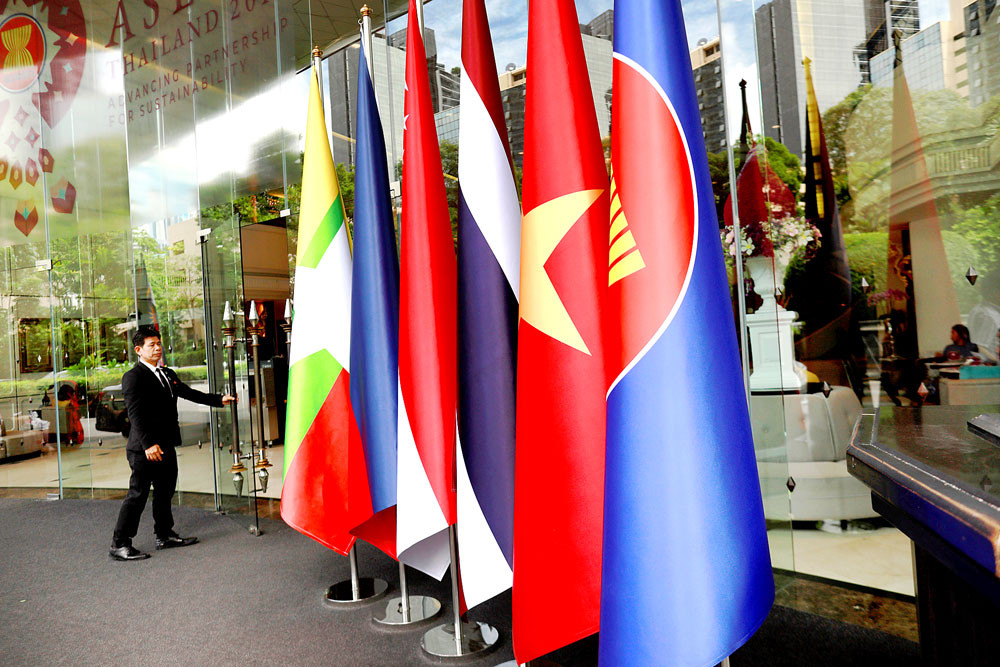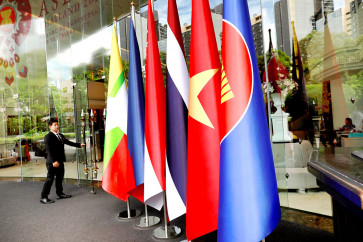Popular Reads
Top Results
Can't find what you're looking for?
View all search resultsPopular Reads
Top Results
Can't find what you're looking for?
View all search resultsChina-ASEAN: From ‘blue economy’ to stable Indo-Pacific
it is undeniable that the overlapping claims on the South China Sea between China and ASEAN member states Brunei Darussalam, Malaysia, the Philippines and Vietnam justifies their common yet conflicting interests.
Change text size
Gift Premium Articles
to Anyone
B
uilding stronger ASEAN-China relations in a new era, as stated by former Chinese ambassador to ASEAN Huang Xilian (The Jakarta Post, Nov. 2), is very timely. Economic cooperation between the two parties is significantly increasing and China is becoming a very strategic partner for ASEAN’s economic growth in the last two decades.
The commitment of China’s government to create a peaceful and stable region as shown in the 1992 Declaration on the South China Sea, the 2002 Declaration on the Conduct of Parties on the South China Sea, the 2017 framework of the Code of Conduct (COC) and the 2018 Single Draft South China Sea COC Negotiating Text is also praiseworthy.
However, it is undeniable that the overlapping claims on the South China Sea between China and ASEAN member states Brunei Darussalam, Malaysia, the Philippines and Vietnam justifies their common yet conflicting interests.
Although the signing of the actual COC between ASEAN and China should be one step ahead, the rise of China’s economy and military modernization leads countries in the region to deepen mistrust, fueling further tension with each perceived stalling of the COC.
This is not to mention the strengthening relations between the United States with its quadrilateral partnership with Japan, Australia and India under its “free and open Indo-Pacific” platform. Although the US respects ASEAN’s centrality and unity, through this mechanism, the US also welcomes India to be a leading global power on one hand and supports the strong leadership of Japan on the other.
A decade ago, scholar Geoffrey Till wrote in his book Seapower: A Guide for the 21st Century that as long as modern countries place more stress on their naval power to their national interest and territorial integrity instead of regional stability, the zero sum game and spirit of competition will remain.
Such a situation makes the Indo-Pacific region vulnerable. Without a joint regulatory mechanism on sea management, competition among countries in the Indo-Pacific will be more prominent than the cooperation that leaders say they wish to create.


















